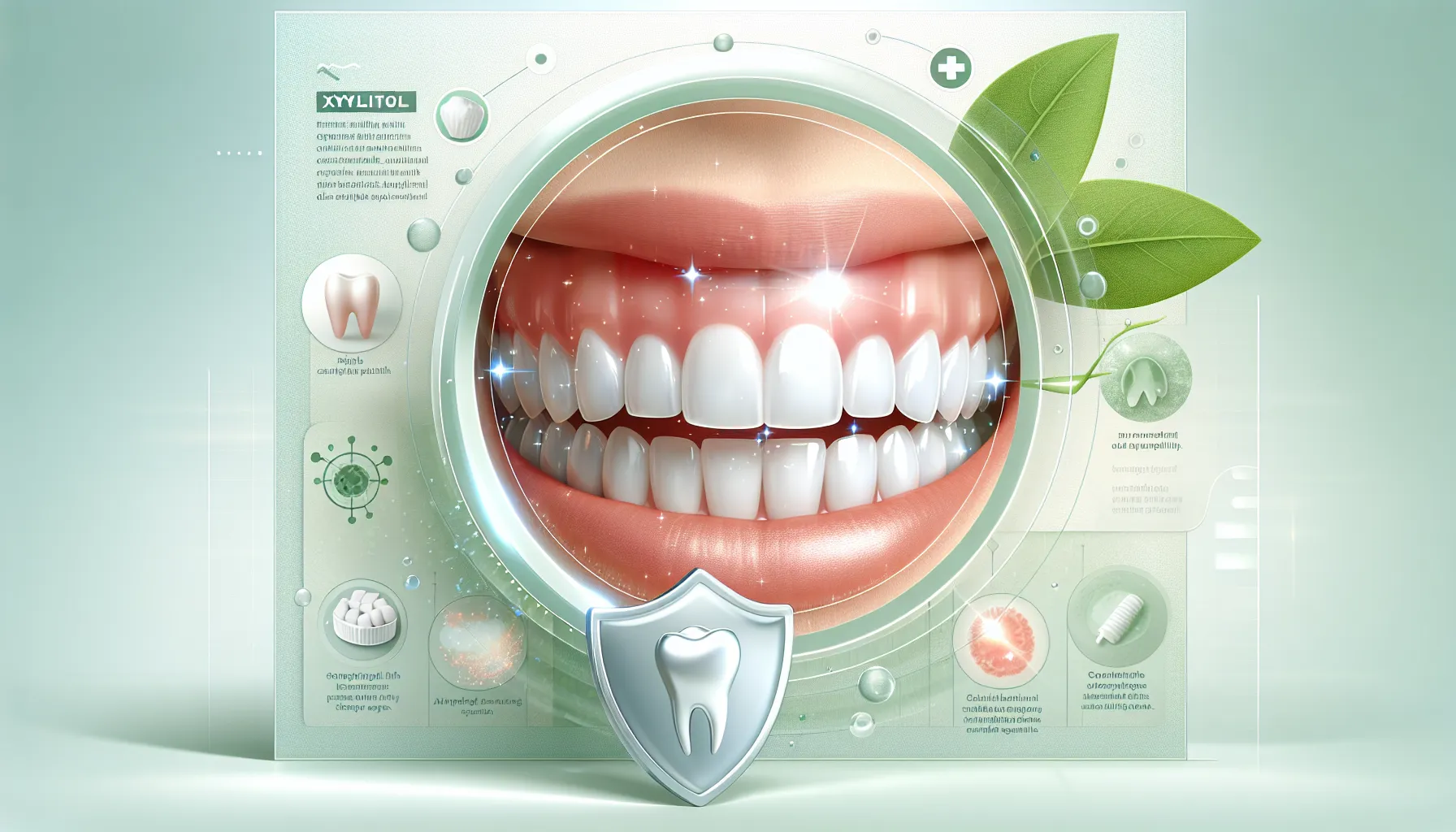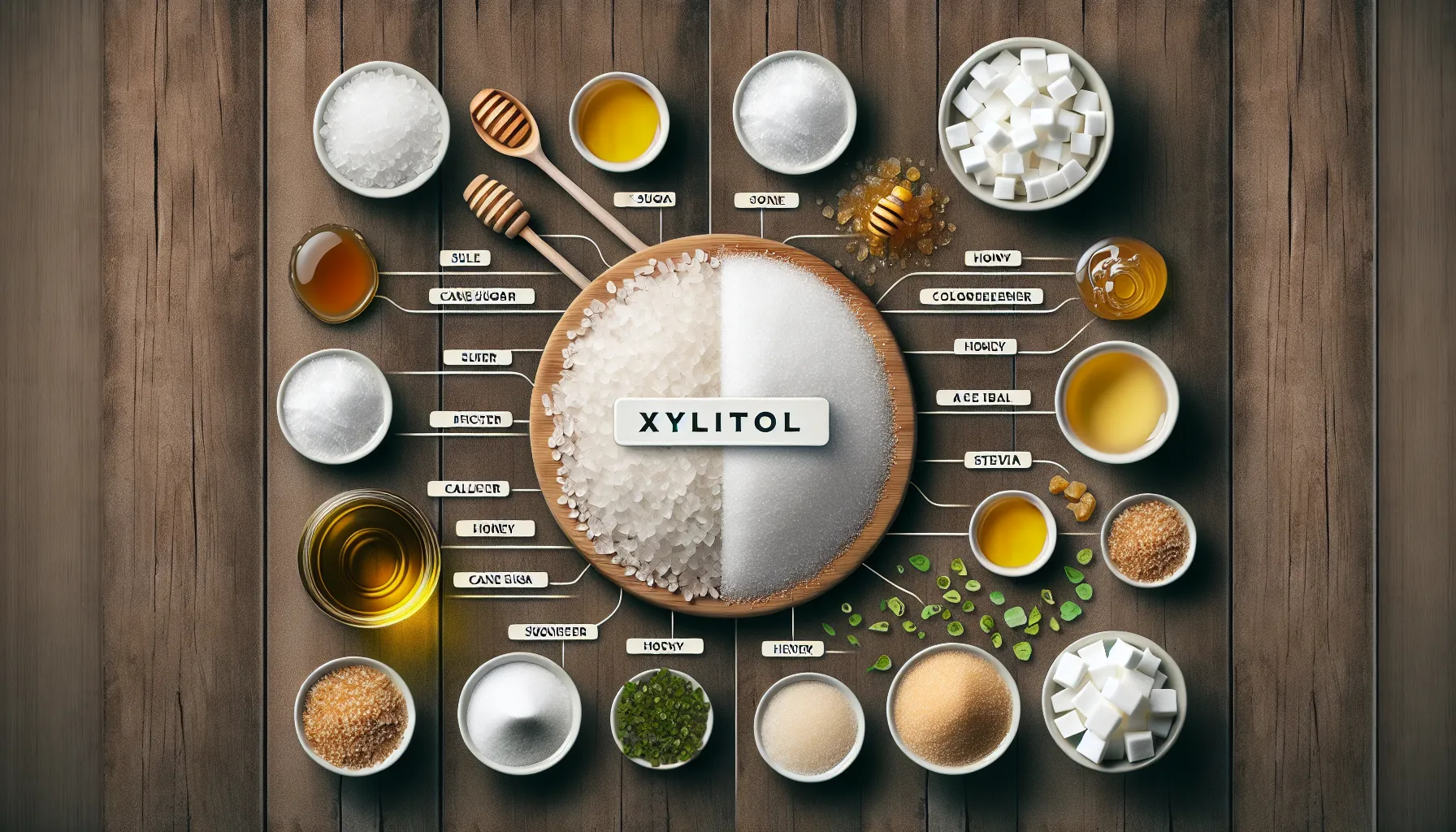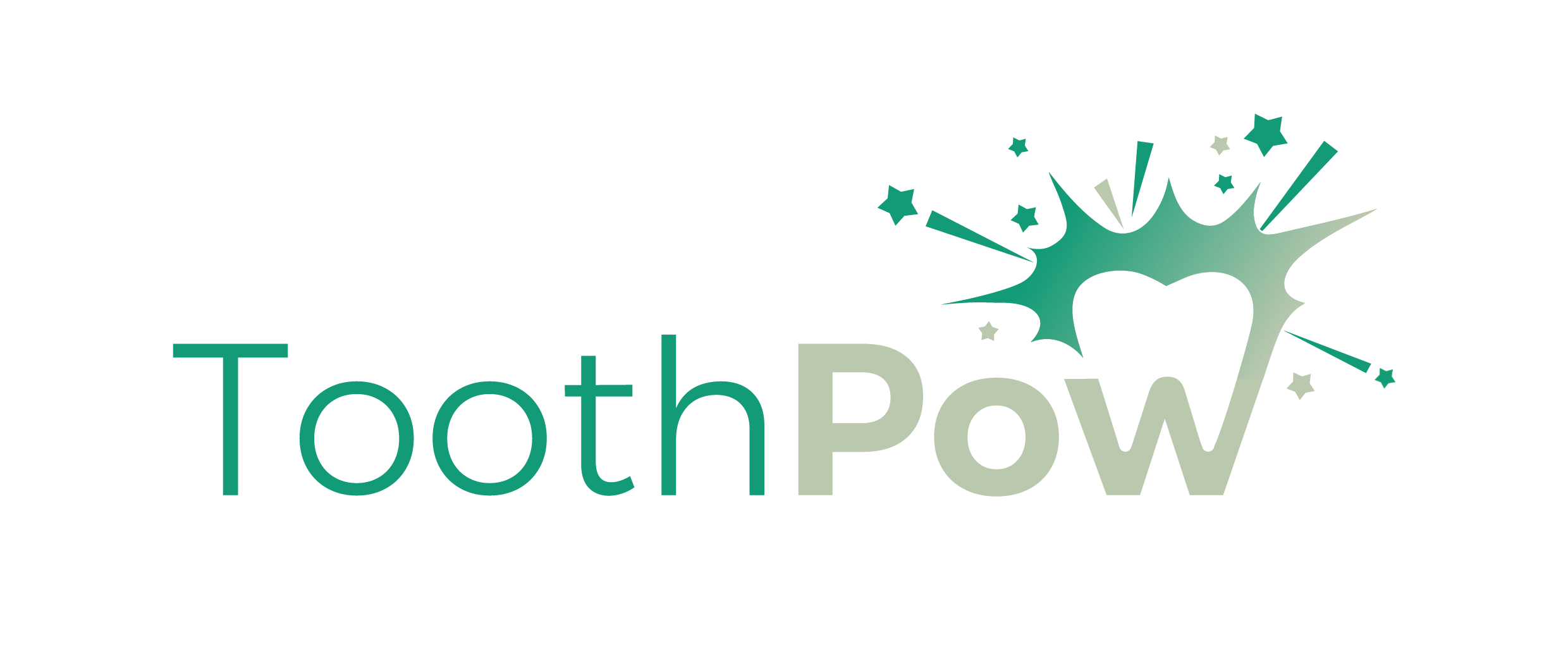The Power of Xylitol in Dental Health

In the realm of dental health, a natural sweetener has emerged as a game-changer, capturing the attention of dentists and individuals alike. This sweetener, known as Xylitol, is gaining traction for its potential to revolutionize oral care. Its remarkable benefits have led to an increasing advocacy from dental professionals. Xylitol, a sugar alcohol found in various fruits and vegetables, has proven to be a powerful ally in combating tooth decay and gum disease. Its unique properties not only inhibit the growth of harmful bacteria in the mouth but also stimulate saliva production, aiding in the remineralization of tooth enamel. As we delve into this topic, we will uncover the science behind Xylitol's effectiveness and its practical advantages in daily oral care routines, from preventing cavities to its diabetic-friendly nature. By understanding the insights and advantages of this natural sweetener, individuals can make informed decisions to enhance their oral health and overall well-being.
Advantages of Xylitol for Oral Health
Xylitol is a natural sugar alcohol commonly used as a sugar substitute. It has gained attention for its potential benefits for oral health. Let's explore some of the advantages of incorporating xylitol into your oral care routine.
Preventing Tooth Decay
One of the primary advantages of xylitol is its ability to prevent tooth decay. Unlike regular sugar, xylitol cannot be metabolized by the bacteria in the mouth, which means it does not contribute to the formation of acids that can erode tooth enamel. By reducing acid production in the mouth, xylitol helps create an environment less conducive to the growth of cavity-causing bacteria.
Reducing Risk of Cavities
In addition to preventing tooth decay , xylitol has been shown to actively reduce the risk of cavities. Regular consumption of xylitol can help inhibit the growth of Streptococcus mutans, a type of bacteria strongly associated with cavity formation. By disrupting the ability of these bacteria to adhere to the teeth, xylitol can contribute to a lower incidence of cavities and overall improved dental health.
Promoting Saliva Production
Another benefit of xylitol is its ability to promote saliva production. Saliva plays a crucial role in maintaining oral health by helping to wash away food particles, neutralize acids, and remineralize the teeth. By stimulating saliva production, xylitol contributes to a healthier oral environment and can aid in the prevention of dry mouth, a condition that can increase the risk of dental problems.
Xylitol on Dental Caries
Research has shown that xylitol can have a significant impact on the development of dental caries. Regular use of xylitol-containing products, such as chewing gum or mints, has been associated with a reduced incidence of caries, particularly in children. This makes xylitol a valuable tool in the fight against tooth decay, especially in populations that may be at higher risk, such as children and individuals with compromised oral health.
Xylitol and Mother-Child Transmission of Salivary S. mutans
Furthermore, xylitol has been studied for its potential to reduce the transmission of cavity-causing bacteria from mother to child. Maternal transmission of Streptococcus mutans is a significant factor in the early colonization of these bacteria in infants, which can increase the risk of childhood caries. By incorporating xylitol into the maternal oral care routine, the transmission of these bacteria can be reduced, offering a proactive approach to protecting the oral health of infants and young children.
Xylitol and Oral Hygiene
Finally, xylitol can be a valuable addition to an individual's oral hygiene regimen. Whether in the form of toothpaste, mouthwash, or chewing gum, xylitol can complement regular brushing and flossing to provide additional protection against tooth decay and cavities. Its natural sweetness also makes it a desirable alternative to sugar, allowing individuals to satisfy their sweet tooth without compromising their oral health.
The advantages of xylitol for oral health are numerous and well-supported by scientific research. From preventing tooth decay and reducing the risk of cavities to promoting saliva production and inhibiting the transmission of cavity-causing bacteria, xylitol offers a multifaceted approach to maintaining a healthy smile. By incorporating xylitol into your daily oral care routine, you can take proactive steps to protect your teeth and gums while enjoying the sweet benefits of this natural sugar substitute.

Polished Section: Comparing Xylitol with Other Sweeteners
Xylitol has gained popularity as a sugar substitute due to its natural origins and potential health benefits. In this section, we will explore how xylitol compares to traditional sugar and artificial sweeteners, shedding light on its unique properties and potential advantages.
Comparison with Sugar
When comparing xylitol with sugar, it's essential to consider their impact on health, taste, and uses. While sugar is a common sweetener, its high glycemic index and caloric content have raised concerns about its effects on blood sugar levels and weight management. In contrast, xylitol offers a lower glycemic index and contains fewer calories, making it a favorable option for individuals seeking to manage their sugar intake.
In terms of taste, xylitol closely resembles sugar, providing a sweet flavor without the unpleasant aftertaste associated with some artificial sweeteners. This similarity in taste makes xylitol a versatile substitute for sugar in various recipes, including baked goods, beverages, and desserts.
Additionally, xylitol's ability to caramelize and contribute to the texture of foods further enhances its appeal as a sugar alternative.
From a dental perspective, xylitol stands out for its potential to support oral health. Unlike sugar, which can contribute to tooth decay and cavities, xylitol has been associated with dental benefits, such as reducing the risk of plaque formation and promoting a healthy oral environment. This makes xylitol an attractive option for individuals looking to satisfy their sweet tooth while prioritizing their dental wellness.
Comparison with Artificial Sweeteners
Artificial sweeteners have long been utilized as sugar substitutes, offering sweetness without the added calories. However, concerns have been raised regarding their safety and potential health impacts. When compared to artificial sweeteners, xylitol presents a natural alternative that provides sweetness without the use of synthetic compounds.
One notable advantage of xylitol over artificial sweeteners is its natural origin. Derived from plant sources such as birch bark and corn cobs, xylitol undergoes minimal processing, distinguishing it from many artificial sweeteners that are chemically synthesized. This natural extraction process contributes to xylitol's appeal among individuals seeking a more wholesome sweetening option.
Furthermore, xylitol's compatibility with various dietary preferences, including vegan and gluten-free diets, sets it apart from certain artificial sweeteners that may not align with these dietary restrictions. This broadens the accessibility of xylitol as a sweetening option for individuals with diverse dietary needs and preferences.
In terms of health considerations, xylitol's potential benefits, such as its minimal impact on blood sugar levels and dental health, offer a compelling alternative to certain artificial sweeteners that have been associated with controversial health effects. By choosing xylitol, individuals can enjoy sweetness without compromising on their well-being, making it a promising choice in the realm of sweeteners.
The comparison of xylitol with sugar and artificial sweeteners highlights its unique attributes and potential advantages. From its natural origins to its health-related benefits, xylitol emerges as a versatile and appealing sweetening option for individuals seeking to make mindful choices about their dietary and oral health. Whether used in cooking, baking, or beverages, xylitol's ability to provide sweetness without sacrificing health considerations positions it as a noteworthy contender in the landscape of sweeteners.

Xylitol in Oral Health
The use of xylitol in oral health has been widely recommended by dentists due to its numerous insights and advantages. From preventing tooth decay to reducing the risk of cavities, xylitol has proven to be a valuable addition to oral care routines. Its ability to inhibit the growth of bacteria and promote saliva production makes it a beneficial tool for maintaining oral health.
To explore high-quality xylitol products for your oral care, visit. ToothPow.com


